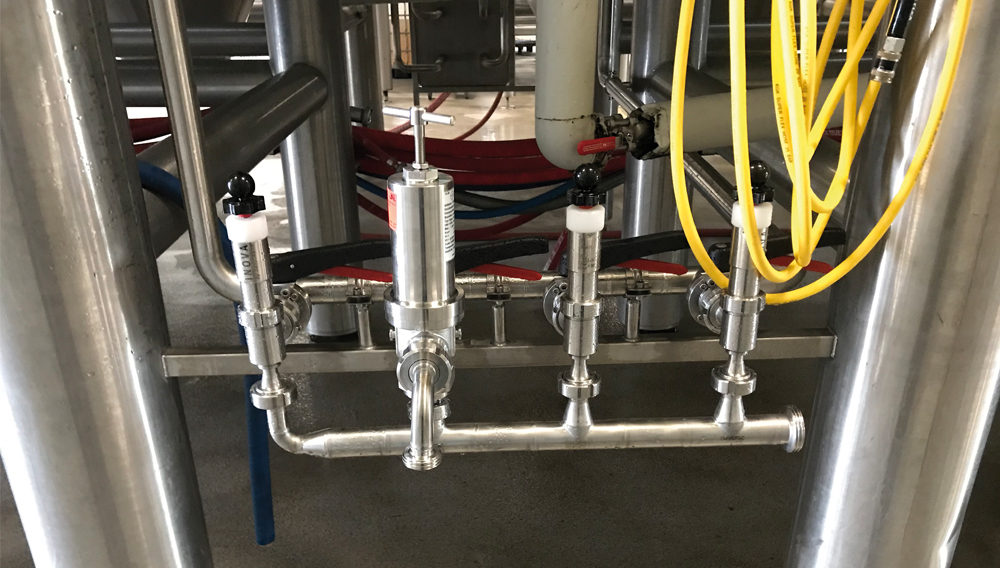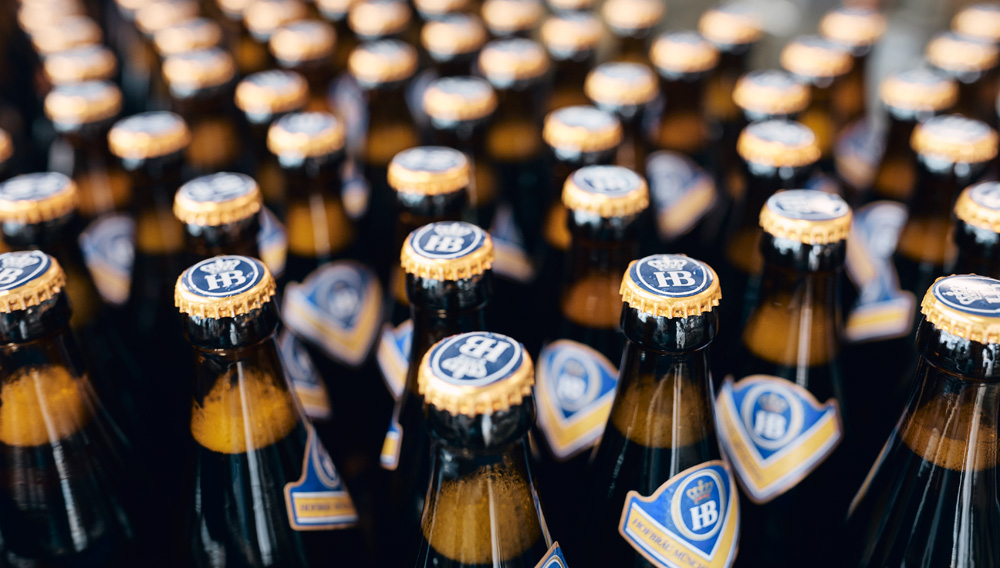
Energy monitoring 4.0 | As a state-owned brewery, the Staatliches Hofbräuhaus in Munich, Germany, feels it owes it to the environment and its customers especially to assume responsibility for better protection of our climate and act as a role model for other companies by adopting a clear position in this respect. In order to identify and realise potential savings in its consumption of steam, water and compressed air according to its environmental targets, an energy monitoring system has now been installed with the help of Endress+Hauser that makes consistent use of digitalisation.

Brewer’s yeast | The challenges brewers are facing require innovative business concepts. Re-use of secondary streams offers promising sales potentials. The startup ProteinDistillery uses a novel approach in order to produce vegan proteins from brewer’s yeast for the food industry.
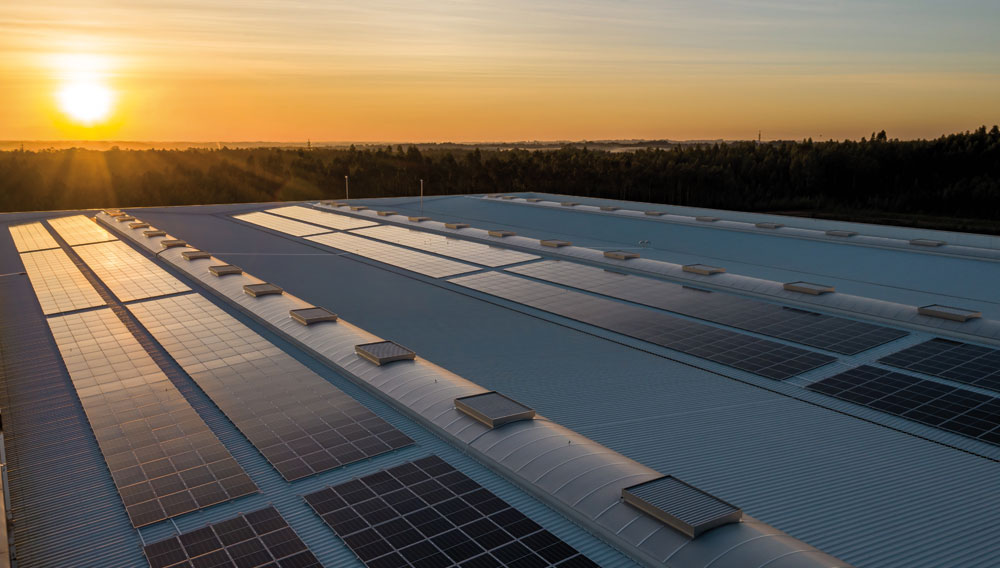
From marketing to action | Many entities want to be climate-neutral: companies, communities, cities, entire countries. And it goes without saying that products should also be climate-neutral. But what’s behind it all, and can this goal actually be reached? In this part of the series, we examine the snags and pitfalls of climate neutrality and show what an honest approach towards the protection of our climate can actually look like.
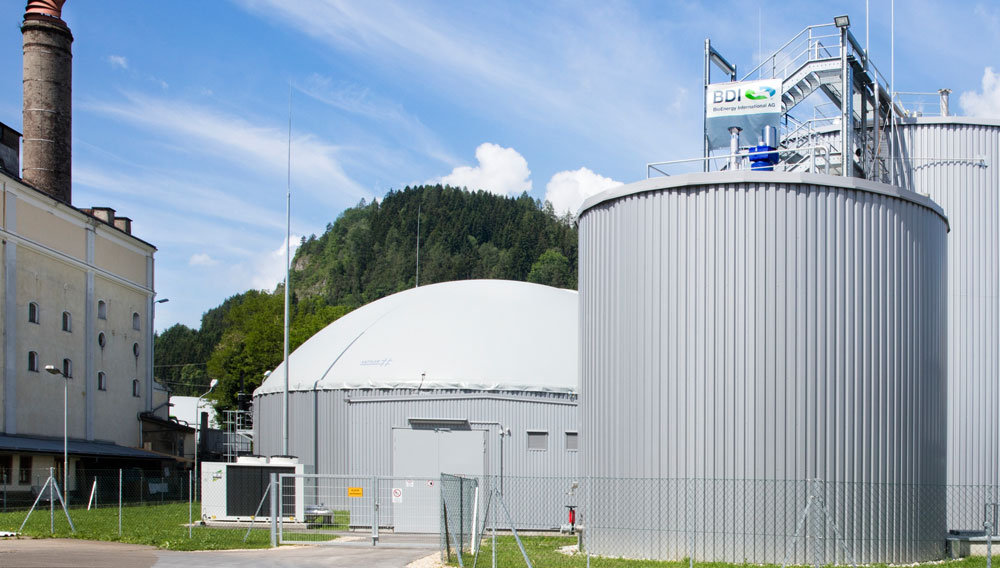
Biogas from brewer’s spent grain | Spent grain from the brewery provides a unique opportunity as it can be transformed into valuable products such as biogas, biomethane, protein extract and organic fertiliser in the move towards a circular economy. As Göss Brewery in Austria demonstrates, biogas provides various flexible options regarding the brewery’s energy supply, plus it can be fed into the natural gas grid or used to fuel the company’s vehicle fleet.

Cost-effective solutions | Where they have been hit by droughts and water restrictions, brewing and beverages operators have suffered cutbacks in expansion plans and existing production. In this article, Bill Denyer explores how they can develop cost-effective solutions for safeguarding and optimising their use of their water resource in a water-constrained world.
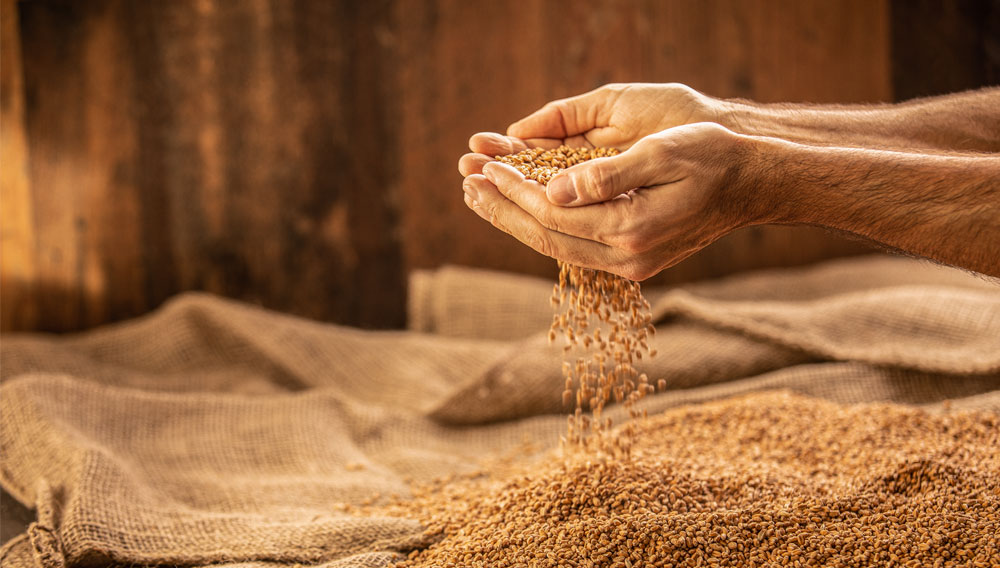
Perfect fan speed | Ask anyone in the malting sector to list the biggest users of energy in their processes, and kiln fans will be very near – or at – the top of the list. Their dependence on a range of external factors usually means that the fans are set at 100 % in order to achieve their parameters, something that obviously comes with significant cost implications for operators.
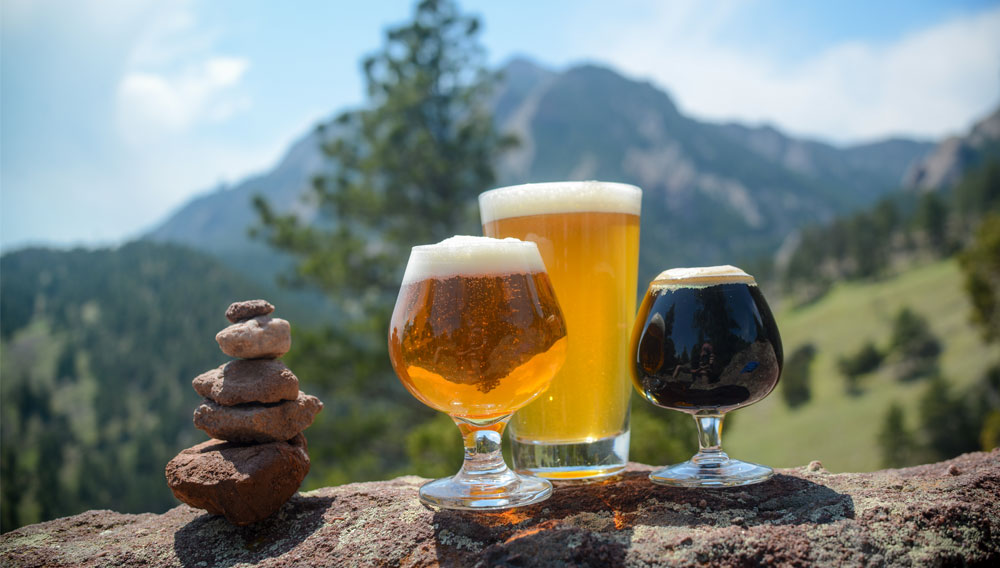
Prepared for the future | The American craft beer industry emits about half a billion metric tons of carbon dioxide into the atmosphere annually and is all too aware of the need to conserve energy and become more sustainable and environmentally responsible. Brewing is an energy intensive business that creates waste materials and by-products in equal measure and in today’s environmentally conscious landscape the need for sustainability is more important than ever.

New technology | Beer is mostly water, and minor ionic components have a major influence on brewing and beer quality. CapDi, a new membrane capacitance deionization technology developed by Voltea, can now offer brewers an alternative to traditional deionization treatments.
Sustainable and cost-effective | Supply-chain issues and climate change are presenting significant cost challenges for breweries all over the world. Using sustainable regional alternatives to malt can help reduce costs while also supporting local farmers and communities. This article explains how these “malternatives” can be successfully applied by brewers.
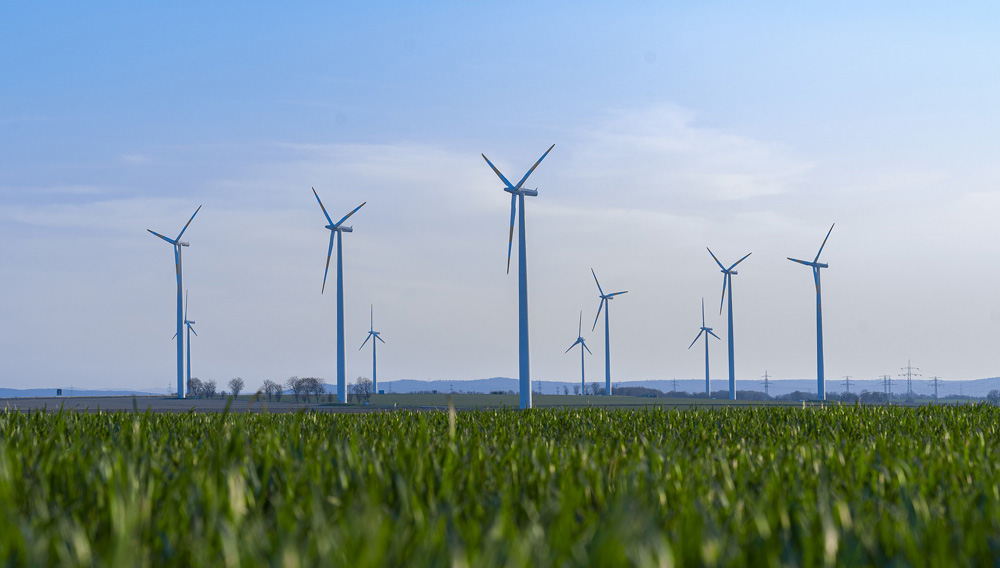
Heat recovery | Stopping the use of fossil fuels is more urgent than ever, but still no emission-free maltings has been constructed so far. On average, malting of barley results in a carbon footprint in the range of 100–350 kg per ton of produced malt, depending on the malt variety, the efficiencies and used fuel types. In the following article the authors from Holland Malt, The Netherlands, introduce the concept of a completely electrified kilning system powered by large-scale heatpumps.
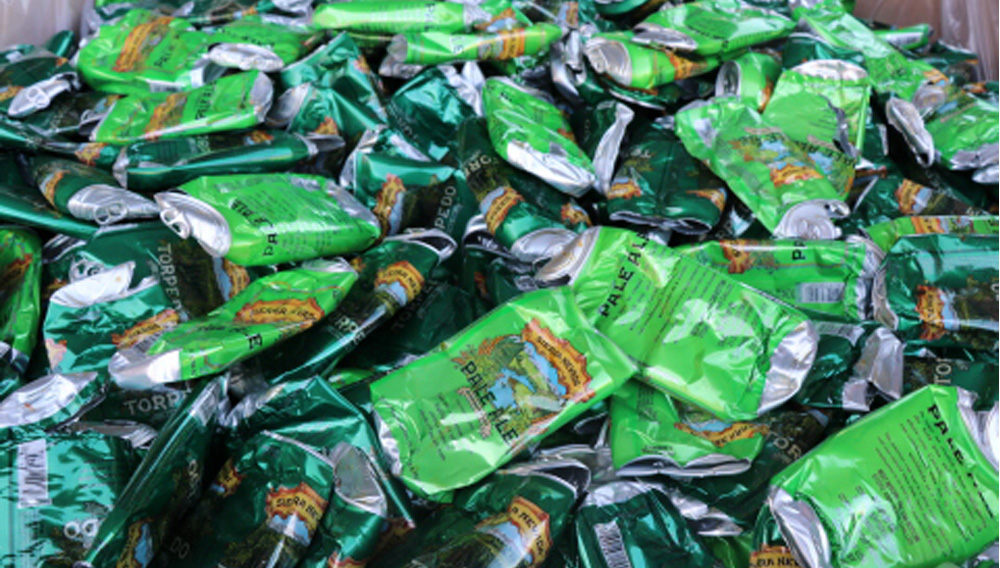
Tipping point | “That magic moment when an idea, trend, or social behavior crosses a threshold, tips, and spreads like wildfire” – this is how Malcolm Gladwell, author of the now iconic book “The Tipping Point” [1], defines his eponymous concept. Using a host of true and amazing stories, Gladwell convincingly demonstrates not only that tipping points are real but that they can be crossed in either direction – towards positive outcomes, or, sadly, towards disastrous ones. Is sustainable brewing approaching the tipping point?

